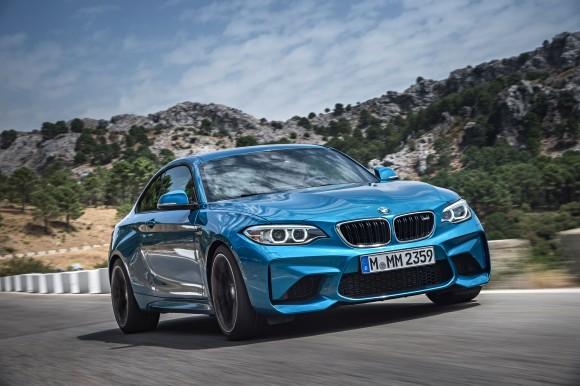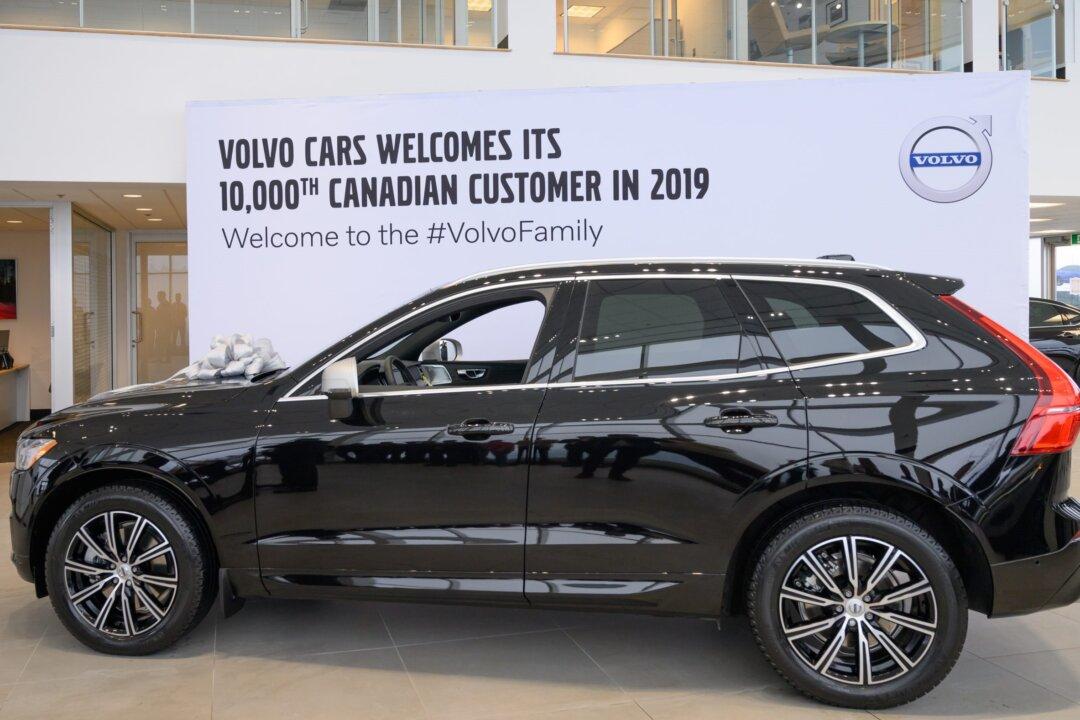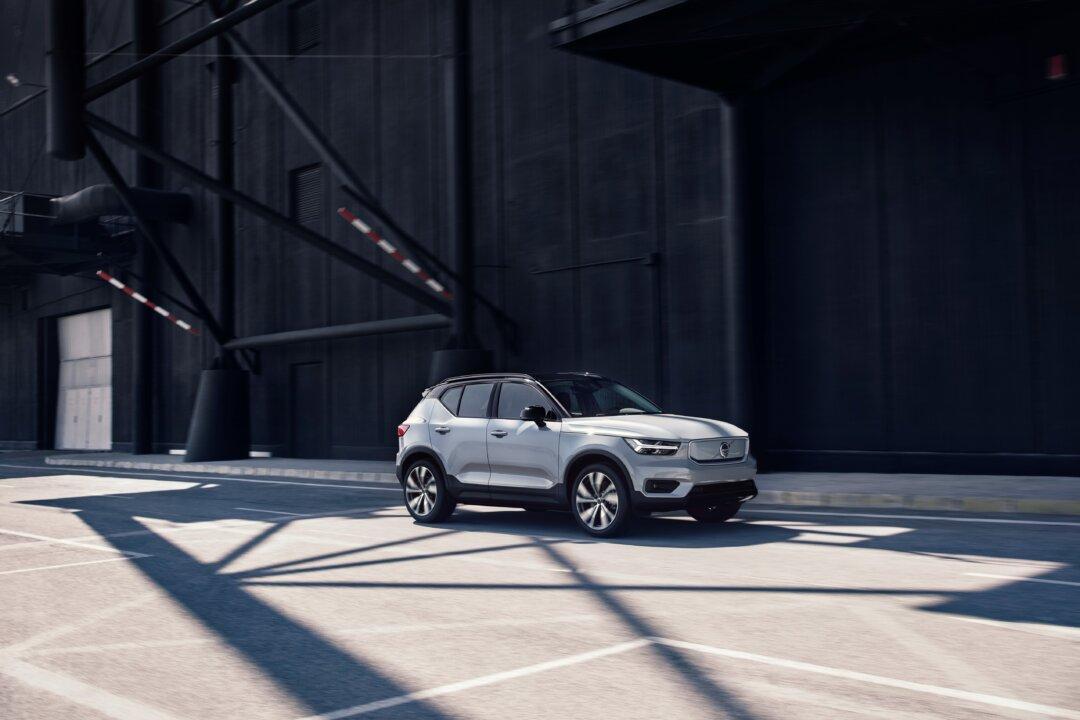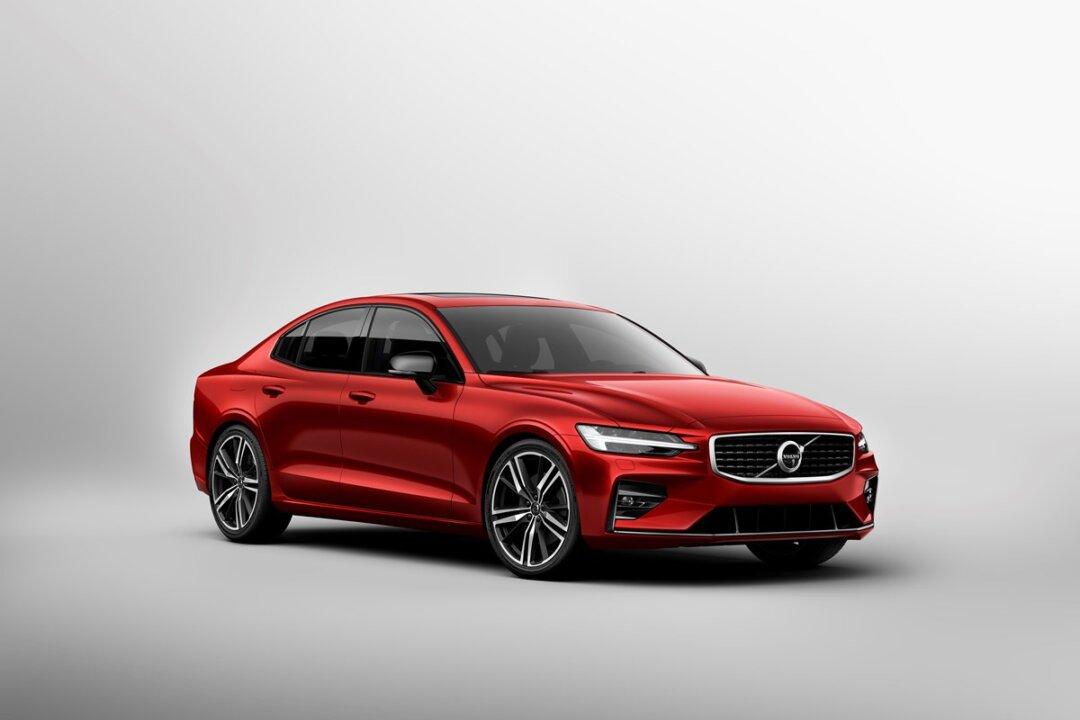There may be at least one, ok, two very good reasons that people the world over refer to Bayerische Motoren Werke AG by its more familiar BMW acronym—pronunciation and imagine the size of signage at any dealer.
Headquartered in Munich, Germany, BMW is a German luxury vehicle, motorcycle, and engine manufacturing company that was originally founded in 1916. It is one of the best-selling luxury manufacturers in the world, selling close to 2.5 million units globally across the complete product line in 2016—including motorcycles, Mini and yes, the pre-eminent ultra-luxury brand, Rolls Royce.
BMW Canada came about in 1986 and in that time, the brand has stayed close to its core value as a manufacturer of well-engineered and meticulously designed luxury performance vehicles. The biggest change over the years? The complete BMW lineup and the fact that not only has Canada completely embraced the notion of BMWs M-series of ultra-performance vehicles of which there will be as many as 12 models for model year 2018, from the M2 Coupé to the X6 M. The M is in homage to BMWs history within motorsports and that is exactly what the M stands for! As well as tuned engines, M cars feature specially tuned suspension for a more dynamic drive, plus different engine and transmission mountings, springs, dampers, and mapping for the hydraulic steering. Primarily, BMW engineers take a popular configuration vehicle, such as one of the 3 series and then science and engineer the heck out of it. At first glance, they may appear the same, but sit behind the wheel, settle in, and start hit up—the differences will soon be apparent.





